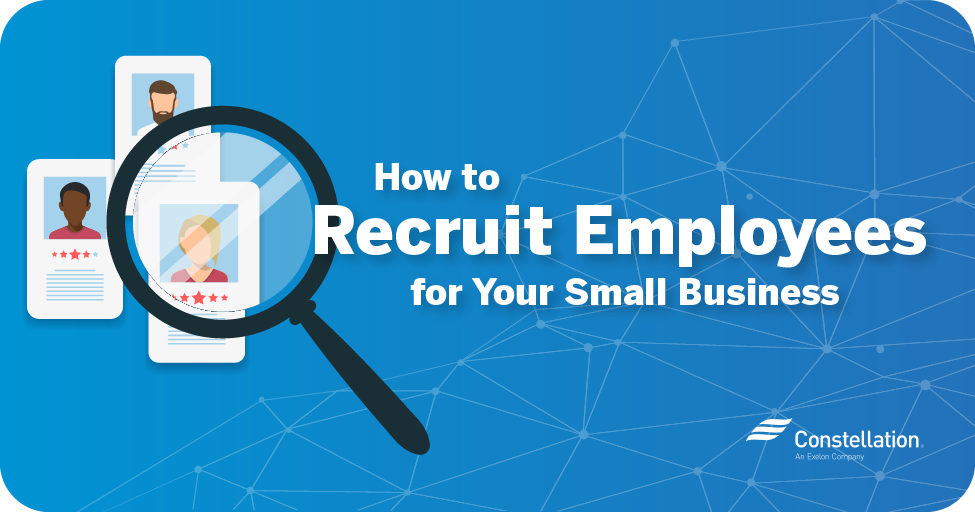Hiring Employees For Your Small Business

For small business owners, hiring the right employees can be the crucial difference between thriving and just surviving. The process, however, is often fraught with challenges, from attracting qualified candidates to navigating the legal complexities of employment.
Effectively hiring employees requires a multifaceted approach encompassing careful planning, strategic recruitment, and a commitment to fair and compliant practices. This ensures the growth and stability of small businesses.
Understanding Your Needs
Before posting any job listings, small business owners must first clearly define their needs. What skills are essential for the role? What personality traits will best fit the company culture?
According to the Small Business Administration (SBA), a well-defined job description is the cornerstone of successful hiring. This includes outlining responsibilities, required qualifications, and reporting structure.
The Recruitment Process
Attracting qualified candidates requires a strategic recruitment process. This involves utilizing a variety of channels to reach a diverse pool of applicants.
Online job boards like Indeed, LinkedIn, and even industry-specific websites can be effective tools. Social media platforms can also be used to promote job openings and showcase the company culture.
Networking within the industry, attending job fairs, and even offering employee referral programs can further expand the reach of the recruitment efforts.
Screening and Interviewing
Once applications start rolling in, the screening process begins. Reviewing resumes and cover letters to identify candidates who meet the minimum qualifications is the first step.
Phone screenings can be used to further narrow the field and assess candidates' communication skills and personality fit. In-person or virtual interviews provide an opportunity to delve deeper into candidates' experience and qualifications.
Behavioral interviewing techniques, which focus on past performance to predict future behavior, can be particularly effective in assessing a candidate's suitability for the role.
Legal Considerations
Small business owners must be aware of the legal considerations involved in hiring. This includes adhering to federal and state employment laws.
The Equal Employment Opportunity Commission (EEOC) enforces laws prohibiting discrimination based on race, color, religion, sex (including pregnancy, sexual orientation, and gender identity), national origin, age (40 or older), disability, and genetic information.
It is crucial to avoid asking discriminatory questions during the interview process and to ensure that all hiring decisions are based on legitimate, non-discriminatory factors. Consulting with an employment attorney can help small businesses navigate these complex legal issues.
Onboarding and Training
The hiring process doesn't end when a candidate accepts the job offer. A comprehensive onboarding and training program is essential to ensure that new employees are successful.
This includes providing new hires with the information and resources they need to perform their job duties effectively. Introducing them to the company culture and values is also key.
Mentorship programs can provide new employees with support and guidance, helping them to integrate into the team and build relationships.
The Impact on Small Businesses
Successfully hiring and retaining employees has a significant impact on the success of small businesses. A skilled and motivated workforce can drive innovation, improve customer service, and increase productivity.
Investing in employees through training and development can further enhance their skills and knowledge, leading to long-term growth and success for both the individual and the business.
In the words of John Doe, owner of local bakery "Sweet Success",
"Finding the right people has been essential to the growth of my business. It's about more than just filling a position; it's about finding individuals who are passionate about what they do and committed to helping us achieve our goals."
Conclusion
Hiring employees for a small business is a complex but essential process. By understanding their needs, utilizing strategic recruitment methods, adhering to legal requirements, and investing in onboarding and training, small business owners can build a strong and successful workforce.
Ultimately, the right employees can be the key to unlocking the full potential of a small business and achieving long-term sustainable growth. This helps to contributes to the local economy.


















